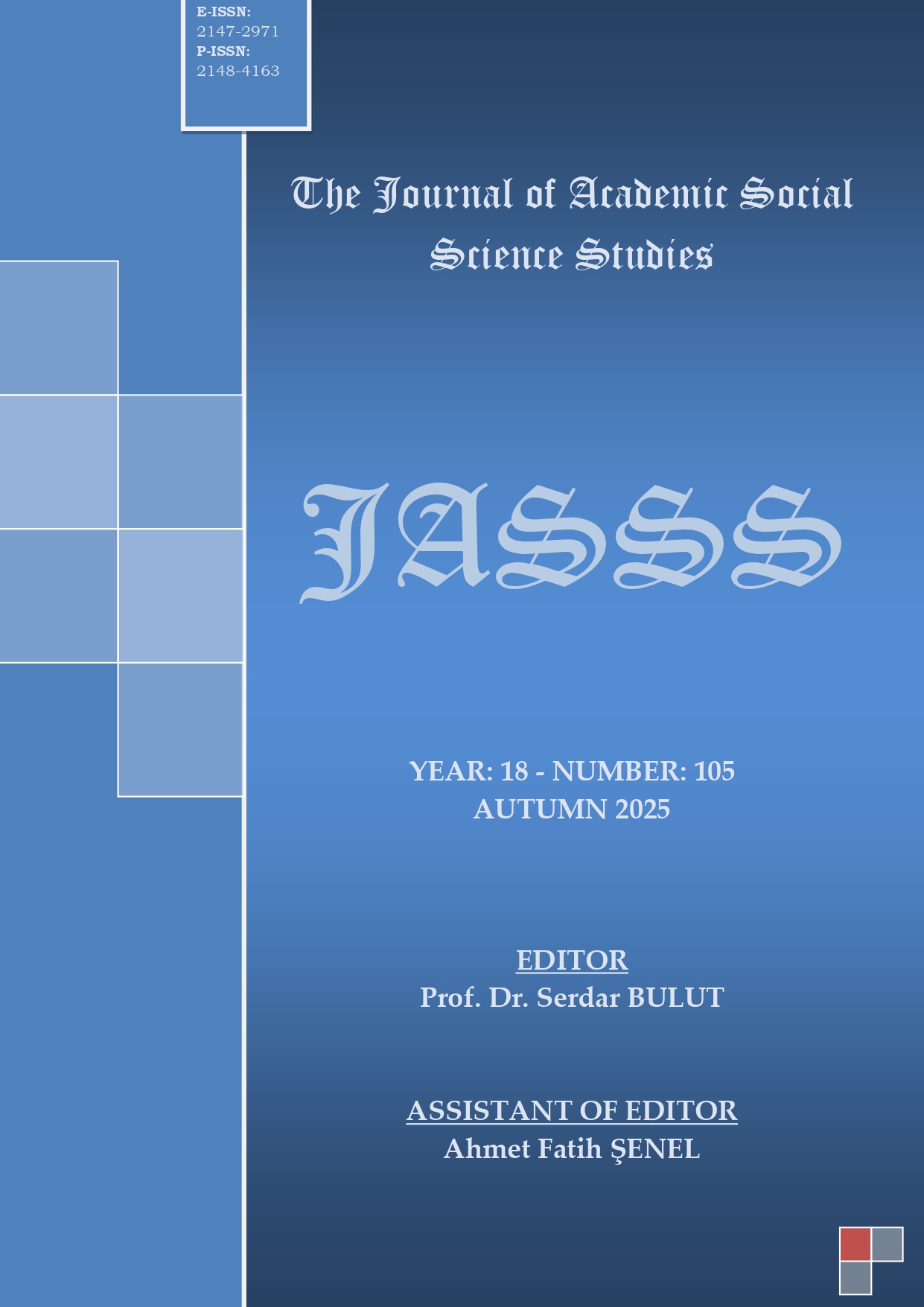YEDİ İKLİM TÜRKÇE ÖĞRETİM SETİ (B1-B2) İLE MİLLÎ EĞİTİM BAKANLIĞI İLKOKUL 3. SINIF TÜRKÇE DERS KİTABININ ATASÖZLERİ VE DEYİMLER BAĞLAMINDA İNCELENMESİ
Author :
Abstract
Dil ve kültür; geçmişten günümüze tüm devlet ve medeniyetlerin kendine özgü varoluşlarının temel unsurlarındandır. Dil, milletlerin kültürel ögelerini içinde barındıran ve gelecek nesillere aktaran millî bir araçtır. Türkçedeki atasözü ve deyimler Türkçenin dil bilgisi kurallarını, yapısal ve kültürel özelliklerini yansıttığı için Türk kültürünü öğrenmek Türk dilini öğrenmeyi olumlu etkilemektedir.
Atasözleri nesilden nesile aktarılan ve bir toplumun yaşam deneyimlerini sonraki kuşaklara miras bırakan en önemli somut olmayan kültür unsurlarıdır. İnsanlık tarihi boyunca toplumlar geçmiş yaşamlarından elde ettikleri acı tatlı tecrübeleri kendinden sonraki kuşaklara aktararak onları âdeta uyarma veya doğruya sevk etme amacı taşımıştır. Bu nedenle atasözleri günümüzde hâlâ varlığını canlı bir şekilde sürdüren ve bir toplumun kültürel kodlarını en iyi anlatan veciz sözlerdir.
Bu çalışmanın amacı Yunus Emre Enstitüsü tarafından hazırlanan Yedi İklim Türkçe Öğretim Seti (B1-B2) ile Millî Eğitim Bakanlığı (MEB) İlkokul 3. sınıf Türkçe ders ve çalışma kitaplarını atasözü ve deyimler bağlamında incelemektir. İncelenen kaynaklarda yer alan atasözü ve deyimler tespit edilerek atasözü ve deyimlerin öğretim yöntemleri karşılaştırılmış ve bu ögelerin ne sıklıkla kullanıldığı belirtilmiştir. Çalışma, nitel bir araştırma yöntemi olan doküman analizi ile gerçekleştirilmiştir. Araştırma sonucunda, incelenen kaynaklarda yer alan atasözü ve deyimlerin kazanımlara ve öğrenci seviyelerine uygun olarak verildiği, ünitelere eşit dağıtılmadığı, atasözlerinin deyimlere oranla daha az kullanıldığı tespit edilmiştir.
Keywords
Abstract
Language and culture are the basic elements of the unique existence of all states and civilisations from past to present. Language is a national tool that contains the cultural elements of nations and transfers them to future generations. Since proverbs and idioms in Turkish reflect the grammar rules, structural and cultural features of Turkish, learning Turkish culture positively affects learning Turkish language.
Proverbs are the most important intangible cultural elements that are passed down from generation to generation and bequeath the life experiences of a society to the next generations. Throughout the history of mankind, societies have transferred the bitter-sweet experiences they have gained from their past lives to the next generations in order to warn them or direct them to the truth. For this reason, proverbs are proverbs that are still alive today and best describe the cultural codes of a society.
The aim of this study is to examine the Seven Climates Turkish Language Teaching Set (B1-B2) prepared by Yunus Emre Institute and the Ministry of National Education (MoNE) Primary School 3rd grade Turkish course and workbooks in the context of proverbs and idioms. The proverbs and idioms in the examined sources were identified and the teaching methods of proverbs and idioms were compared and it was stated how often these elements were used. The study was carried out by document analysis, which is a qualitative research method. As a result of the research, it was determined that the proverbs and idioms in the sources examined were given in accordance with the gains and student levels, they were not distributed equally to the units, and proverbs were used less than idioms.





